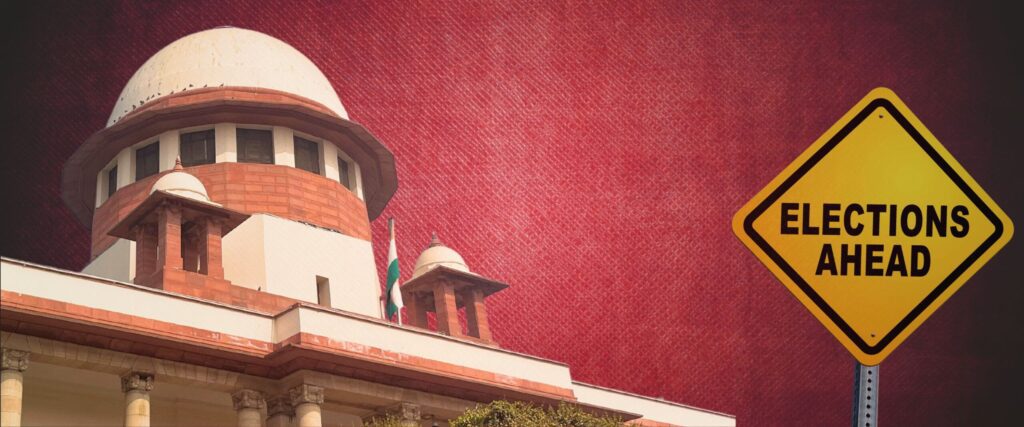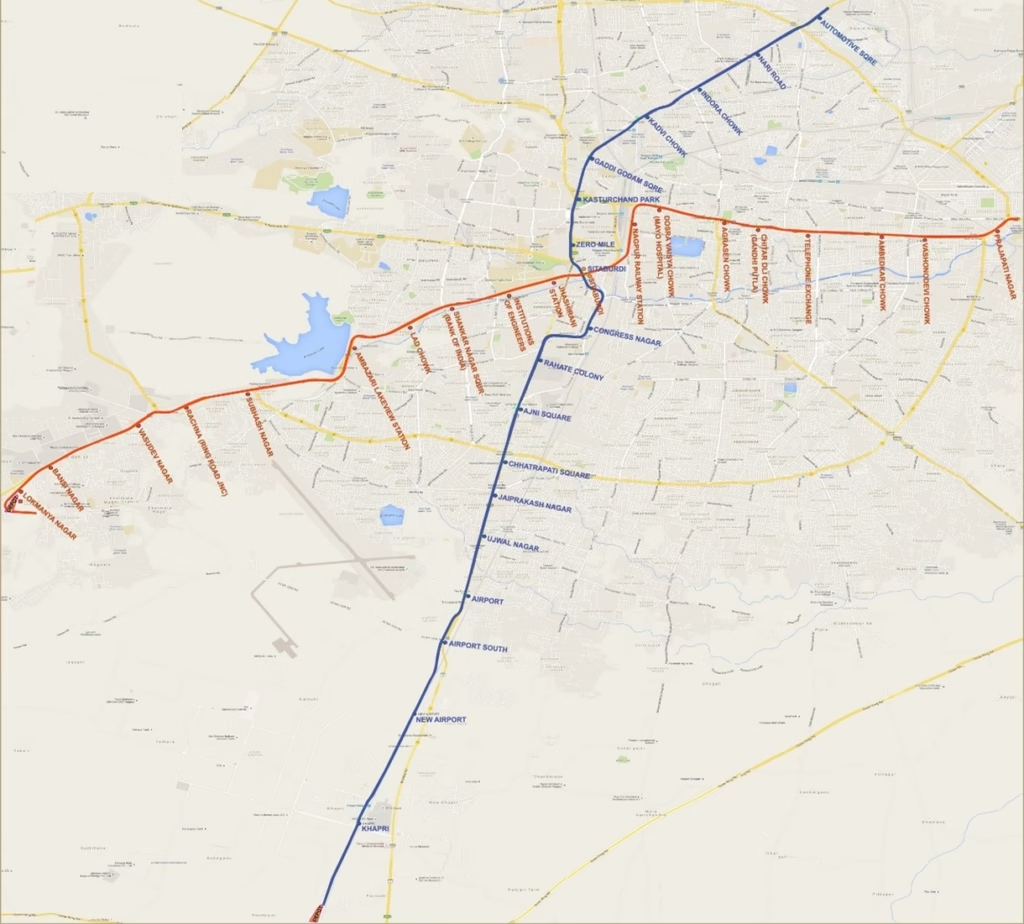Now Reading: India’s Property Market Readies for Digital Leap: Centre Urges Owners to Fix Paperwork Before Registration Bill 2025
-
01
India’s Property Market Readies for Digital Leap: Centre Urges Owners to Fix Paperwork Before Registration Bill 2025
India’s Property Market Readies for Digital Leap: Centre Urges Owners to Fix Paperwork Before Registration Bill 2025

India is on the cusp of its biggest land‑record overhaul in more than a century. The draft Registration Bill 2025—released for public consultation this week—promises end‑to‑end online registration of property documents, instant title updates and a single digital ledger accessible nationwide. Ahead of its rollout, the Union government has advised homeowners and developers to reconcile any missing deeds, mutation gaps or pending tax receipts so their assets migrate smoothly to the new system.
What the Draft Bill Proposes
The legislation will replace the 1908 Registration Act with a fully paperless framework.
- All sale, gift, lease and mortgage deeds must be uploaded to a central portal.
- Digital signatures and Aadhaar‑based e‑KYC will verify parties in real time.
- Sub‑registrar offices will become “assisted e‑service centres” for those who need on‑ground help.
Officials say the portal will integrate land‑records databases from every state, reducing duplication and title fraud. A QR‑coded digital “title certificate” will replace the current stamp‑paper bundle.
Why Homeowners Must Act Now
Once the Act is notified, legacy records will be digitised in phases. Any mismatch—missing link documents, unpaid stamp duties, or unresolved inheritance claims—could delay a property’s entry into the new ledger.
Lawyers recommend a three‑point check:
- Collect certified copies of every past conveyance.
- Ensure mutation entries match the latest revenue records.
- Clear pending property‑tax or loan‑closure endorsements.
Financial planners warn that delays could hinder resale or loan approvals because banks will rely on the digital ledger as the primary proof of title.
Transition Timeline and Compliance Window
The Rural Development Ministry has opened a 60‑day window for public feedback. After Cabinet approval and Parliament’s monsoon‑session passage, pilot states are expected to go live by April 2026, with nationwide coverage targeted for 2027. A voluntary “amnesty period” is being considered to regularise minor paperwork lapses without penalty.
Impact on Tier‑2 Property Hubs
Cities such as Nagpur, Coimbatore and Indore—where rapid apartment construction often outpaces record‑updating—stand to benefit. Easier online access could:
- shorten apartment registration queues;
- cut broker fees for mutation follow‑ups;
- give small builders faster project‑finance clearances.
Local registrar offices, however, will need upgraded bandwidth and trained staff to assist first‑time digital users, particularly senior citizens and rural migrants.
Challenges and Safeguards
Legal experts flag the need for:
- Robust cyber‑security to protect high‑value land data.
- Inter‑state harmonisation of stamp‑duty rates to avoid arbitrage.
- Grievance redress portals so owners can contest erroneous uploads without lengthy court battles.
The Bill proposes penalties for officials who wilfully delay uploads and for parties filing forged documents.
Conclusion
The Registration Bill 2025 could usher in a seamless, transparent property market—if owners, registrars and state governments tackle legacy paperwork now. For millions of households beyond the metros, a clean digital title may soon be just a few clicks away; but the window to tidy up old files is already open, and the clock is ticking.
























